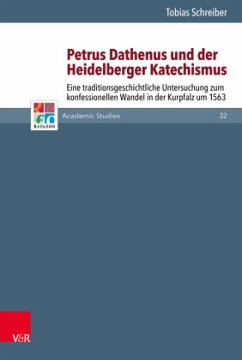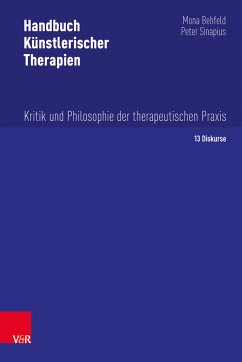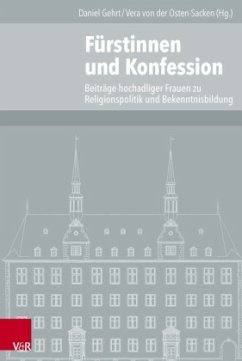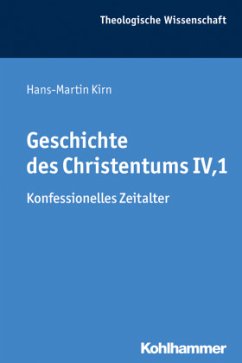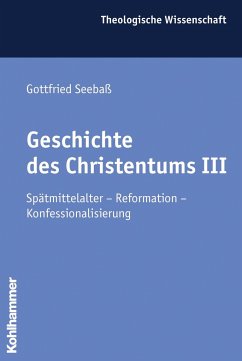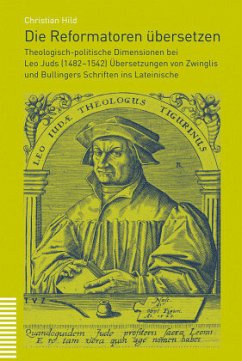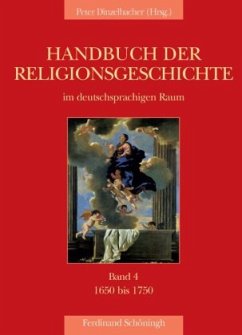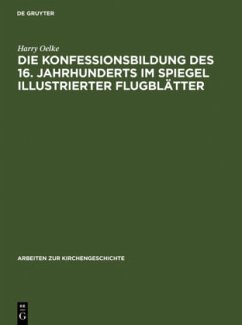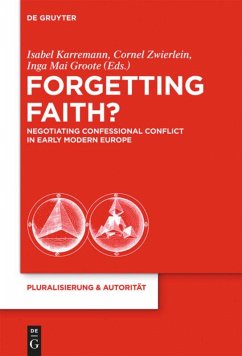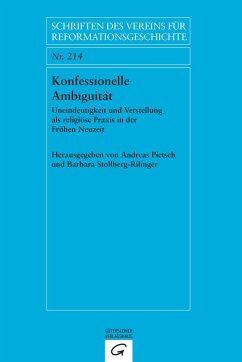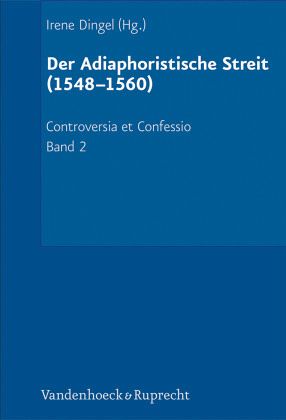
Der Adiaphoristische Streit (1548-1560)

PAYBACK Punkte
0 °P sammeln!
How far could the Protestant territories of the Reich exhibit compromise toward the imperial religious politics without repudiating their own beliefs? This is a portrayal of the argumentation these Protestants used, based on their polemics.Volume 2 of the series "Controversia et Confessio" is devoted to the Adiaphoristic Controversy that occurred between 1548 and 1560. Based on the 11 edited polemics one can discern the various positions, each with their own characteristic chain of argumentation. At the center of attention lies the question of how far the Protestant territories of the Reich ca...
How far could the Protestant territories of the Reich exhibit compromise toward the imperial religious politics without repudiating their own beliefs? This is a portrayal of the argumentation these Protestants used, based on their polemics.Volume 2 of the series "Controversia et Confessio" is devoted to the Adiaphoristic Controversy that occurred between 1548 and 1560. Based on the 11 edited polemics one can discern the various positions, each with their own characteristic chain of argumentation. At the center of attention lies the question of how far the Protestant territories of the Reich can assimilate to the imperial religious politics without denying their own beliefs. Short introductions to the individual sources are offered to orient the reader to the respective historical context and - inasmuch as is known - to the respective author. A summary of the contents as well as an overview of the source material and the background of the edition are also provided.
Dieser Artikel kann nur an eine deutsche Lieferadresse ausgeliefert werden.




